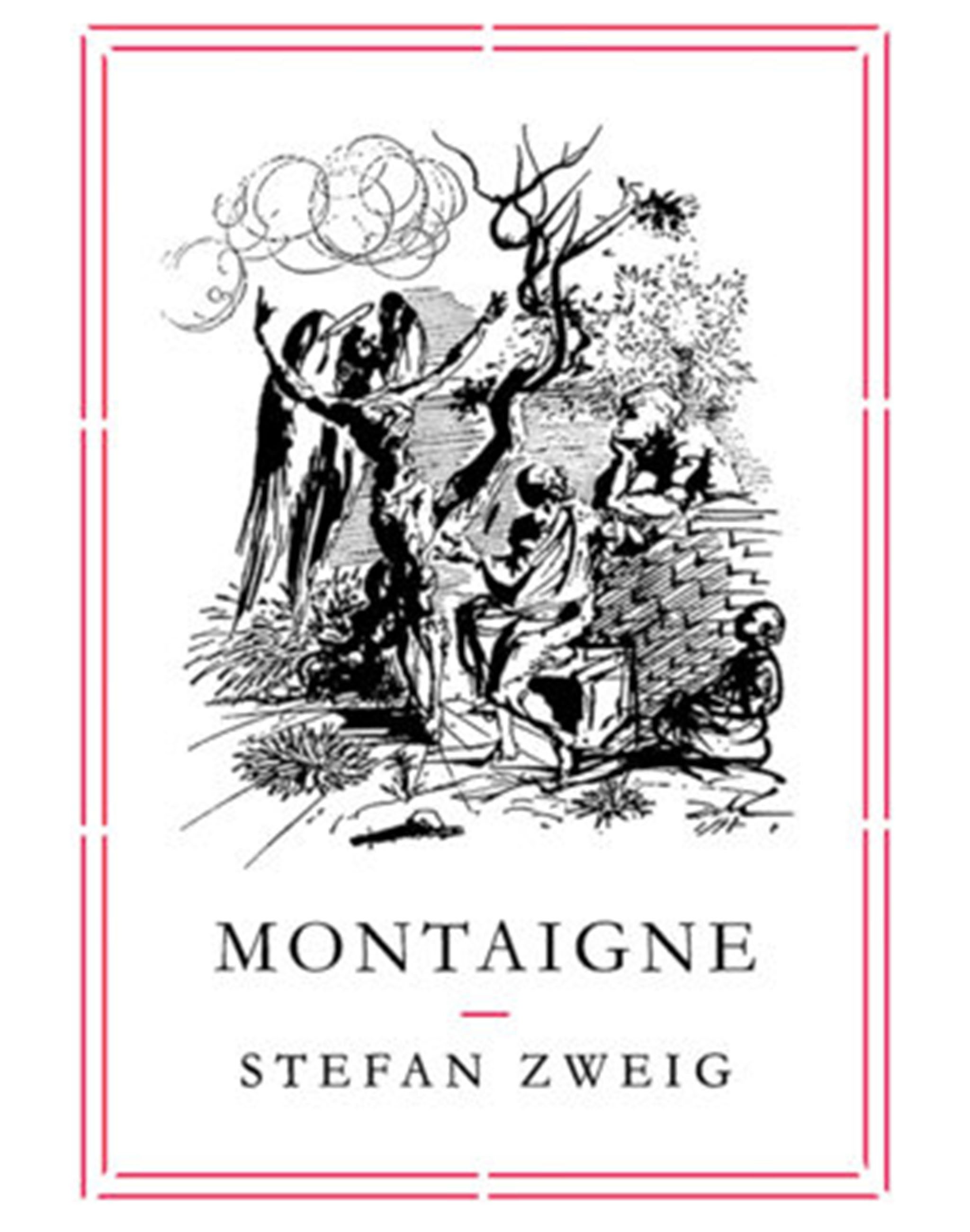Montaigne by Stefan Zweig, book review: An intriguing study courtesy of a man who inspired Hollywood
Zweig’s work is more of an analytical essay supported by a skeletal backbone of biography

Your support helps us to tell the story
From reproductive rights to climate change to Big Tech, The Independent is on the ground when the story is developing. Whether it's investigating the financials of Elon Musk's pro-Trump PAC or producing our latest documentary, 'The A Word', which shines a light on the American women fighting for reproductive rights, we know how important it is to parse out the facts from the messaging.
At such a critical moment in US history, we need reporters on the ground. Your donation allows us to keep sending journalists to speak to both sides of the story.
The Independent is trusted by Americans across the entire political spectrum. And unlike many other quality news outlets, we choose not to lock Americans out of our reporting and analysis with paywalls. We believe quality journalism should be available to everyone, paid for by those who can afford it.
Your support makes all the difference.The Viennese writer Stefan Zweig is undoubtedly the gem in Pushkin Press’s distinguished catalogue: one of Europe’s most widely acclaimed authors in the 1920s and 1930s, before Pushkin brought him to the attention of a whole new generation of readers, renown that reached something of a peak last year with both the appearance of Wes Anderson’s Zweig-inspired film The Grand Budapest Hotel and George Prochnik’s fascinating biography The Impossible Exile.
With the publication of Zweig’s study of the Renaissance French statesman-turned-philosopher Michel de Montaigne, Pushkin adds to their already impressive list of the writer’s biographies.
Montaigne was the last of Zweig’s biographical subjects, a figure whose life and work the writer turned to as his own life drew to its end. Having fled persecution in Europe, in the early 1940s he and his wife made their home in Brazil, where, Stone explains, Zweig came across a “dusty old edition” of Montaigne’s famous Essais.
The philosopher spoke directly to Zweig’s sense of displacement – physical and psychic given that the Europe he held dear, and with it its traditions and psyche, had fallen to Hitler. “In order to recognise [Montaigne’s] true worth,” Zweig explains at the beginning of the work, “you should not be too young, too deprived of experience and life’s deceptions, and it is precisely a generation like ours, cast by fate into the cataract of the world’s turmoil, to whom the freedom and consistency of his thought conveys the most precious aid”.
Zweig follows Montaigne from his strange childhood – an entire chateau of family and staff forced to learn Latin, the only language his father allowed spoken to the child, a boy gently woken from slumber each morning by the music of flautists surrounding his bed – through his rejection of his public duties in favour of a life of literary contemplation in the search for an answer to the question, “how should I live?”; the composition of his Essais; and his curious travels around Europe.
As befits a subject who “forgets the books he has read, has no memory for dates and misplaces the momentous events in his life”, Zweig’s work is more of an analytical essay supported by a skeletal backbone of biography. As such it’s an invaluable addition to Zweig’s canon, casting as much light on the author’s own preoccupation with personal and individual liberty as it does on Montaigne.
Order for £9 (free p&p) from the Independent Bookshop: 08430 600 030
Join our commenting forum
Join thought-provoking conversations, follow other Independent readers and see their replies
Comments